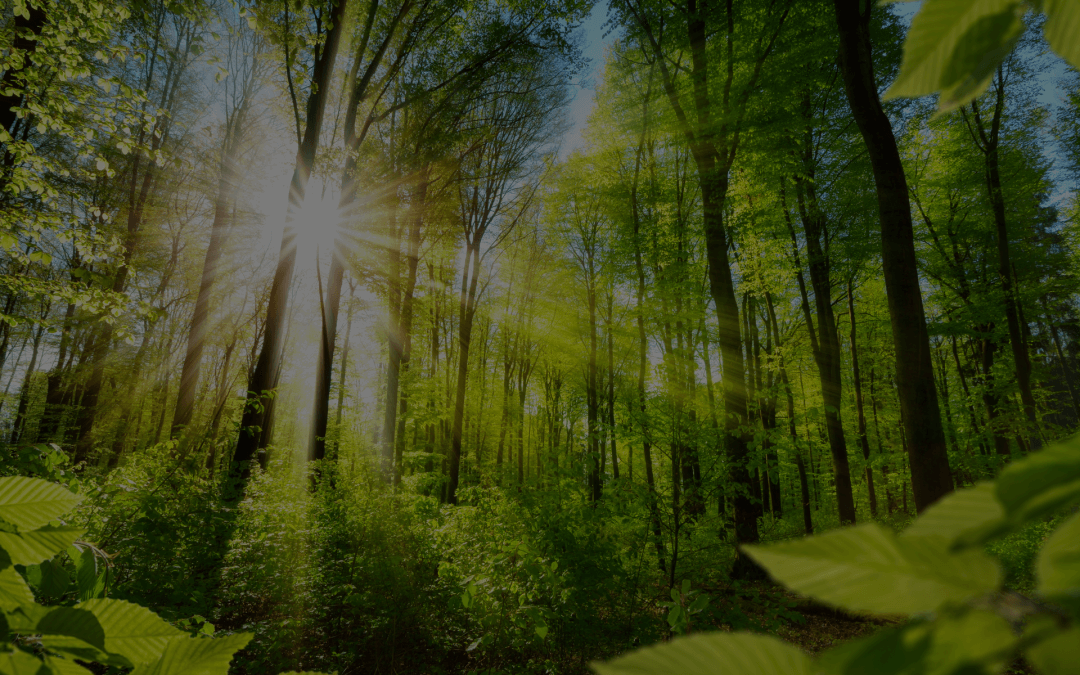Abraham Maslow describes the aim of a humanistic education as self-actualisation, or, another way of understanding this much used but often misunderstood concept, becoming fully human. This means “the development of the fullest height that the human species can stand up to or that the particular individual can come to”.
‘Nature-fulfilment theory’ echoes this sentiment that there are two ways to understand the fulfilment of human potential – fulfilling our own individual nature i.e. our unique and specific gifts, talents, capacities etc., or fulfilling our universal human nature for example in our capacity to love, to be creative, to exercise reason etc. This latter sense of the concept is expressed well by Erich Fromm:
“The experience of humanism is that ‘nothing human is alien to me’; that I carry within myself all of humanity; that nothing which exists in any human being does not exist in myself. I am the criminal and the saint. I am the child and the adult. I am the man who lived 100000 years ago and the man who will live 100000 years from now.”
This means that we each, to some extent, hold within us the love of a Christ, the creativity of a De Vinci, the vision of a Blake, the imagination of an Einstein etc. and that part of the heritage of being human is working to cultivate these capacities within ourselves to whatever extent we can, like gardeners of the soul.
Valerie Tiberius explains that this idea of ‘nature-fulfilment’ goes back to Aristotle who said that what is good for anything is to function well as the kind of thing that it is. The purpose of a knife is to cut so it functions well when the blade is sharp; A lioness functions well when it can hunt and take care of the young. What is good for a Lion is to excel in ways that are typical for a lion. What is good for a human being is to excel in ways that are typical for a human being.
Aristotle referred to this excellence that is typical of human beings as the virtues. When we activate and exercise virtues like kindness, generosity, justice, judgement and patience we are fulfilling our universal human nature, fulfilling the function of our species.
However, of equal importance is to fulfil our own unique nature. Through history this idea that we each have a unique nature that is our job to bring forth, or ‘birth’ into the world has been referred to by many names like ‘daimon’, ‘genius’, ‘spirit’ etc. but essentially it speaks to the fact that we are all tasked with a unique purpose in life, a singular calling, a destiny that awaits us, that only we can fulfil. A secret ‘code’ or design lies hidden, dormant within us, and it is our job as artist’s and creators of ourselves to bring this beauty out and let it unfold through us, offering it as a gift to the world.
The environment can stunt or support this unfolding. If we are in an environment that inhibits the natural expression of ourselves, we are going to feel alienated, disconnected and dissatisfied. Chuang Tzu tells a story that speaks to this point and the need to find an environment and way of life that is congruent with our own individual nature:
Chuang Tzu with his bamboo pole was fishing in the Pu river. The prince of Chu sent two vice-chancellors with a formal document: We hereby appoint you prime minister.
Chuang Tzu held his bamboo pole still. Watching the Pu river, he said: “I am told there is a sacred tortoise offered and canonized three thousand years ago, venerated by the prince, wrapped in silk in a precious shrine on an altar in the temple.
What do you think? Is it better to give up one’s life and leave a sacred shell as an object of cult in a cloud of incense for three thousand years,or to live as a plain turtle dragging its tail in the mud?”
“For the turtle”, said the vice-chancellor, “better to live and drag its tail in the mud!”
“Go home!”, said Chuang Tzu. “Leave me here to drag my tail in the mud.”

